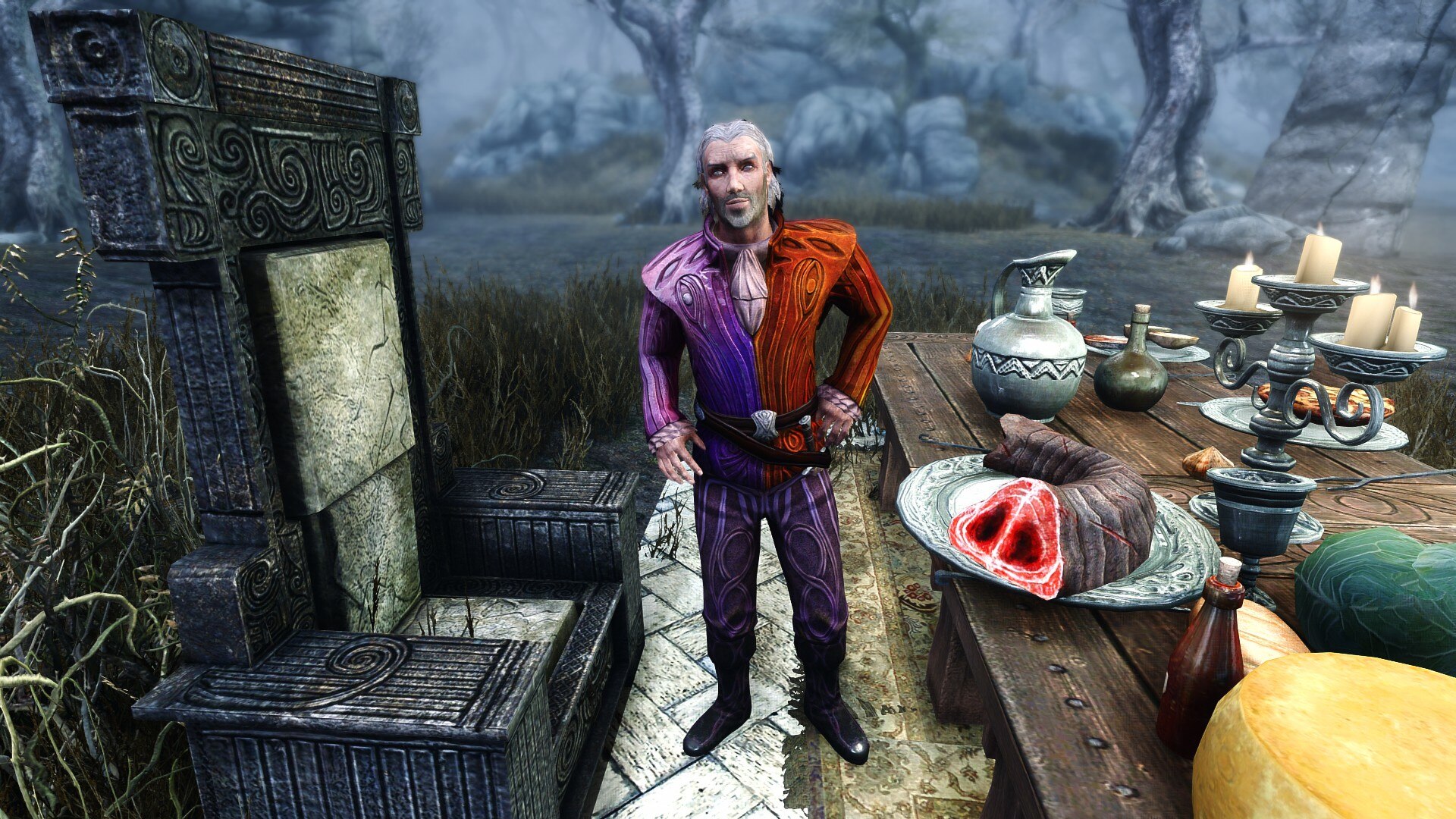Bethesda's reputation for creating expansive, intricate worlds is undisputed. The award-winning studio has established its reputation with titles like Skyrim and Fallout in the past decade or so alone. It's a high benchmark for sure. And with the release of their highly-anticipated space epic, Starfield, it seemed as if Bethesda wanted to aim higher. Bethesda's long-time captain, Todd Howard, believes that Starfield isn't only designed to outlast the longevity of its iconic predecessors but to redefine it.
During an insightful chat on the Game Maker's Notebook podcast with Ted Price, the CEO of Insomniac Games, Howard unveiled some of Bethesda's ambitions and motivations behind Starfield.
With discussions revolving around the growing scale of games, catalyzed by releases like Baldur's Gate 3 and Starfield, an essential question arose: "Are games becoming too voluminous?" To this, Howard responded, hinting at the studio's inherent desire to harness and exploit technological advancements. "It starts with the developers," he mentioned. With evolving technology presenting new possibilities, the industry is invariably driven to adapt and grow. But the evolution doesn't end at mere technological advancements. Today's games, being live and receiving regular updates, set a certain expectation. Players benchmark new titles against mature ones they've relished for years.
Starfield, in particular, embodies an almost "irresponsible" scale, to use Howard's word. The enormity of space demands a vast void that Bethesda bravely aims to fill, both literally and figuratively.

